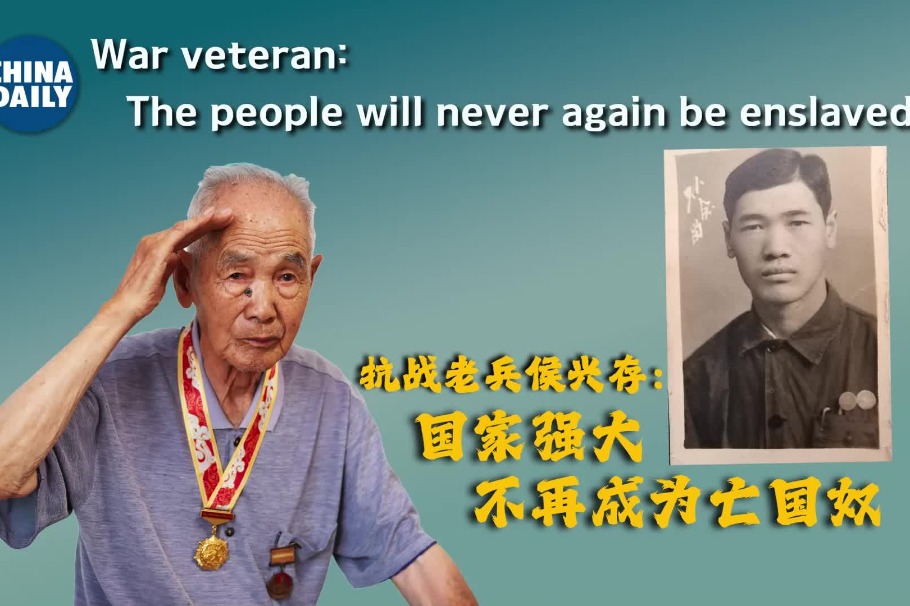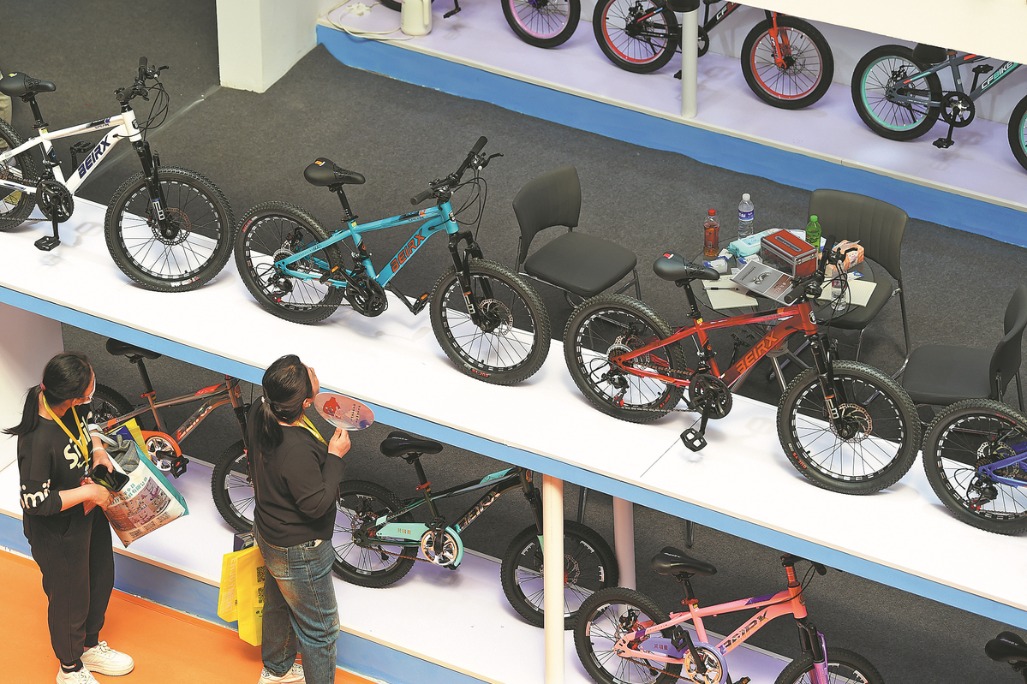Fuyao labor dispute in US a valuable lesson

The Fuyao Auto Glass America, a good example of Chinese enterprises' efforts to promote globalization, recently came under exaggerated media glare for an ordinary labor dispute in its newly established plant in Ohio. Not only did The New York Times publish a big story on the dispute, but also some domestic media outlets covered it extensively.
The reaction of domestic media outlets is understandable, because many of them have misinterpreted Fuyao's investment in Ohio. When Cao Dewang, chairman of Fuyao, decided to invest $600 million in the Ohio plant days after he complained the heavy tax burden in China, one of the striking comments in the Chinese media was, "Old Cao wants to run away". And after media reported the labor dispute, many said that those who "run away" have to face trouble.
What people have apparently forgotten is that while explaining his decision to invest in Ohio, Cao had also said the glass made there would be sold in the Midwest states of the United States. Even the General Motors' global policy is: "We make where we sell." And GM and Ford manufacture in China the vehicles they sell in the country. Fuyao is just following this economic rule.
First, labor relations are part of business management, and the labor dispute in Fuyao's Ohio plant is not because of cultural gap or China-US trade conflicts, as the NYT has claimed. Labor disputes, including industrial actions, are common across the world, the United States and European countries included. Cao has also said his company maintains good relations with the labor union in one of its US factories. I worked as economic and commercial counselor at the Chinese Consulate General in San Francisco and New York for years and visited many Chinese companies, and none of the CEOs said labor relations posed a big problem.
Second, good labor relations depend on a win-win business model. Chinese investment in the US creates jobs and helps maintain social stability. But a stable business-labor relationship depends on other factors. For instance, for a stable relationship, the entrepreneurs and managers should have a thorough understanding of the employees and establish a regular interaction mechanism. They also need to respect local laws, regulations and customs.
Third, businesspeople should not get unnecessarily alarmed if a labor dispute arises. Instead, they should try to resolve them strictly in accordance with the contracts, and relevant laws and regulations.
Fourth, labor issues vary from one sector to another and one region to another. In sectors such as automobiles and auto parts, steel, paper, tires, trade unions such as the United Automotives Workers and United Steel Workers are very powerful. The USW was the main force behind the special safeguard tariffs on Chinese tires, which former US president Barack Obama imposed in 2009.
US trade unions are usually strong in the traditional manufacturing centers, especially in the Great Lakes region. When Chinese companies decide to invest there, they should do good homework, taking into full account the union factor in future operations. Besides, they should also build up good working relationships with the local governments, law firms, banks, consulting services, and commerce and industry associations.
And fifth, Chinese media outlets should study the benefits and risks of outbound investment before reporting on it, and their coverage should be strictly based on comprehensive facts. And Chinese businesses operating in the US and other overseas countries and regions should build up sound media relations, especially with the local media, to build up a good image.
The author is a senior fellow at the Center for China and Globalization, and former economic and commercial counselor at Chinese Consulate General in San Francisco and New York.


































